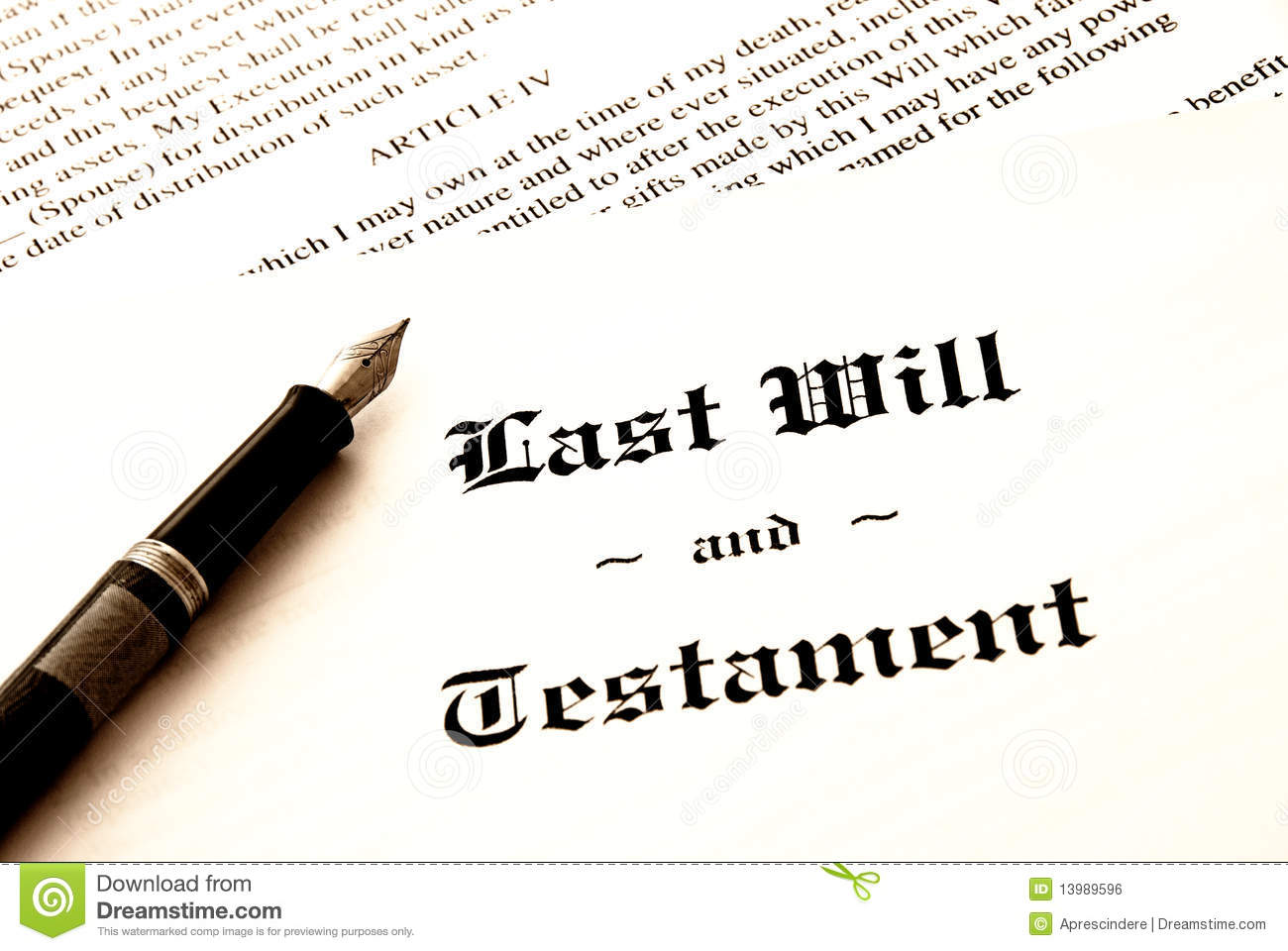A good estate plan includes a will that describes how assets will be left to your heirs or others. State law describes how a will must be prepared in order to be valid. A recent Mississippi Court of Appeals decision shows how using internet forms and “do-it-yourself” documents can create conflict and invalidate your intended disposition. Murakami v. Young, No. 2015-CA-00768-COA.
Johanna Massingale died in 2012. Johanna’s three siblings, Janice Young, Jennifer Eakes, and Justin Massingale, survived her. In 2013, Johanna’s friend, Haruhiko Murakami, filed a petition to probate Johanna’s last will and testament. The purported will consisted of nine pages and named Murakami the executor of Johanna’s estate. All the parties agreed that the first eight pages of Johanna’s purported will were valid. At issue was the ninth page. Entitled “Details of Johanna Massingale’s [W]ishes of [H]er Last Will and Testament,” the ninth page named Murakami as the sole beneficiary of Johanna’s estate. The ninth page instructed Murakami to pass Johanna’s estate and personal belongings to her niece, Lauren Eakes, either at Murakami’s death or whenever he deemed fit. In the event that Murakami died before Johanna, the ninth page appointed Johanna’s sister, Janice, as executor and directed all Johanna’s estate to pass to her niece, Lauren. Finally, in the event that Lauren died before Johanna, the ninth page directed that, at the time of Murakami’s death, Johanna’s estate would pass to Janice or her descendants.
The chancery judge allowed probate of the purported will but concluded that the ninth page failed to constitute a valid will. Murakami appealed and said that a jury should determine the validity of the will.
Mississippi law holds that a will entirely written in the testator’s handwriting and signed at the end (a “holographic” will) is a valid will. Otherwise, Mississippi Code Section 91-5-1 establishes the following requirements for a valid will or codicil. A non-holographic will or codicil must be attested by two or more credible witnesses in the presence of the testator. Here, the chancellor first found that the ninth page constituted an entirely separate document from the first eight pages of the will. According to Murakami’s deposition testimony, Johanna obtained the first eight pages of the will when she downloaded a will kit from the Internet but created the ninth page of the will on her own. Entitled “Details of Johanna Massingale’s [W]ishes of [H]er Last Will and Testament,” the ninth page possessed a different title and date than the rest of the will. In addition, the ninth page was typed in a different font style and size than the rest of the will and contained its own separate signature line. Thus, the ninth page constituted a separate document from the rest of the probated will. The ninth page also failed to meet the statutory requirements for a valid non-holographic will. Like the previous eight pages of the probated will, the ninth page contained Johanna’s signature. However, while the first eight pages also included the attesting signatures of at least two credible witnesses, the ninth page did not. Therefore, the ninth page of Johanna’s will was not entitled to probate.
If you want a will or other estate planning documents done right, we have the experienced lawyers at Courtney Elder Law that can help. Call us today at 601-987-3000.
DIY (do-it-yourself) Will Creates Problems in Mississippi
